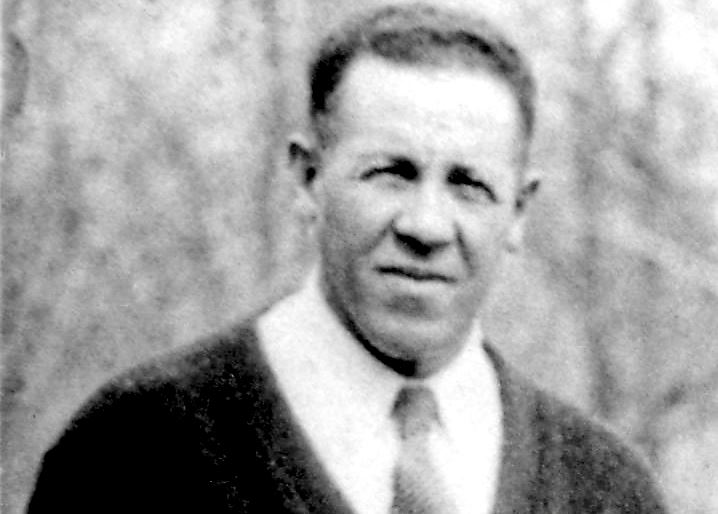Throwing Rocks: An Interview with John VercherPosted in Articles, Identity Development/Psychology, Media Archive, Passing, United States on 2020-01-31 19:00Z by Steven |
Throwing Rocks: An Interview with John Vercher
Los Angeles Review of Books
2020-01-29
Alex Segura interviews John Vercher
JOHN VERCHER’S TAUT, impressive debut crime novel, Three-Fifths, follows Bobby Saraceno — a mixed-race man living a lie. Saraceno has spent his life passing as a white man, raised by his racist maternal grandfather in Pittsburgh. Bobby’s kept his true self hidden from everyone, even his fellow comic book fan/best friend, Aaron, who’s just returned home after a prison stint. Aaron not only comes back as a more hardened man, but also as a radical white supremacist. When Bobby witnesses Aaron commit a hateful, race-based crime, his world begins to pull apart. Not only must Bobby keep his mixed race a secret from his militant friend, but he must also make sure he doesn’t land on the police’s radar as an accomplice to Aaron’s vicious crime. But an unexpected return threatens to destroy Bobby’s tricky balancing act.
Three-Fifths is a tale of lost histories, identity, dangerous secrets, and deadly obsessions. It’s a confident, thoughtful novel that doesn’t hesitate to show the brutality of violence and the complexities of race relations, without pumping the brakes for the faint of heart. It’s a confident, mannered debut that feels carefully seasoned — like the work of an author leveling up after a string of starter novels, as opposed to a newcomer. I talked to Vercher about his motivations and influences.
ALEX SEGURA: John, can you talk a bit about why Three-Fifths was the story you wanted to tell now? It feels remarkably urgent, but pensive at the same time, if that makes sense.
JOHN VERCHER: It’s a story I always wanted to tell, in the sense that little to nothing has changed in our country in regards to race between 1995 when the story takes place to now. Similarly, little was different from the same 24-year time span from 1971 to 1995, and even further back. Having said that, I was fortunate that Three-Fifths found a home when it did, because there does seem to be, as a function of our increased access to all forms of media, more talk than ever about race and identity. It would be better if we were having conversations about it rather than talking at each other, and as always, books are some of the best means to spark those kinds of conversations. It was my hope that Three-Fifths could do that, even for the smallest of audiences…
Read the entire interview here.



